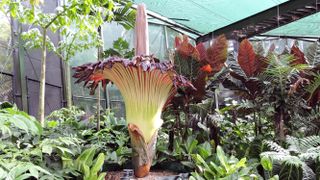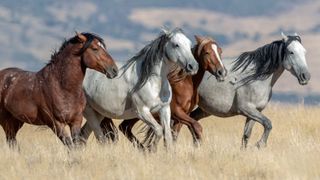
Alina Bradford
Latest articles by Alina Bradford
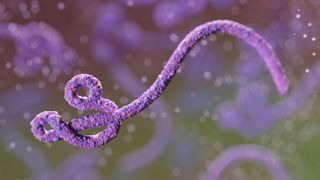
Ebola: Causes, symptoms, treatments & vaccines
By Alina Bradford, Nicoletta Lanese published
Four types of Ebola virus cause severe disease in humans.
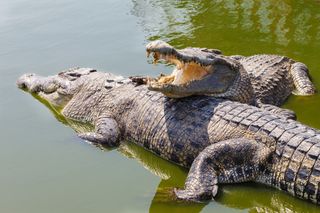
Crocodiles: Facts and photos of some of the toothiest reptiles
By Alina Bradford last updated
Crocodiles are large reptiles that belong to the order Crocodilia, which includes alligators, caimans and gharials.
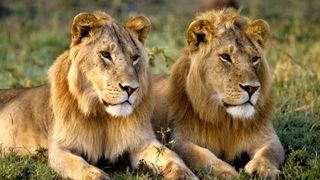
Lions: Facts, behavior and news
By Alina Bradford published
Reference Throughout history, lions have been celebrated for their strength and beauty, and are the inspiration for many myths and stories worldwide.
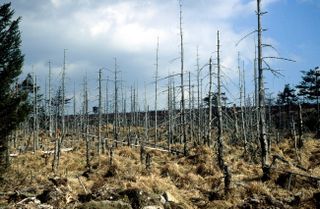
Acid rain: Causes, effects and solutions
By Alina Bradford, Ben Biggs published
reference Acid rain is any form of precipitation that contains acidic components, such as sulfuric or nitric acid. It affects nearly everything: plants, soil, trees, buildings and even statues.

Summer: The warmest season
By Nola Taylor Redd published
Reference Everything you ever wanted to know about summer, the hottest season of the year.
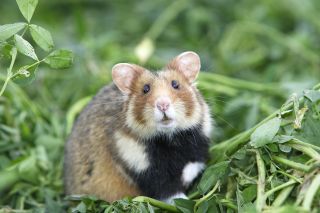
Hamsters: Diet, habits & types
By Alina Bradford, Ailsa Harvey published
Reference Hamsters are small rodents that are commonly kept as house pets.
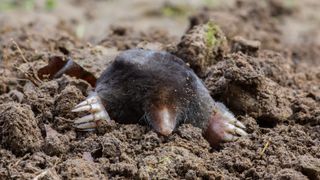
Moles: Habitat, habits and conservation
By Alina Bradford, Callum McKelvie published
Reference Fascinating facts about moles, including their diets, habits and habit and conservation status.

What are Tonsil Stones? Causes, symptoms and treatments
By Alina Bradford published
Reference Tonsil stones are accumulations of bacteria and debris in the crypts of some people's tonsils. This problem is not dangerous and is usually easily treatable.
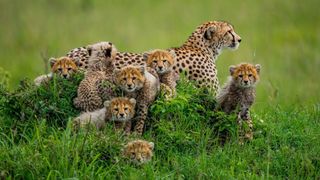
Cheetahs: Earth's fastest land animals
By Tiffany Means published
Cheetahs are unique members of the big cat family, with bodies built for acceleration and short bursts of incredible speed.
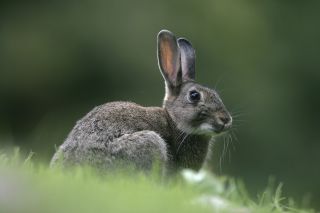
Rabbits: Habits, diet & other facts
By Alina Bradford published
Reference There are about 30 species of rabbits around the world. While their features and locations vary, they share many things in common.
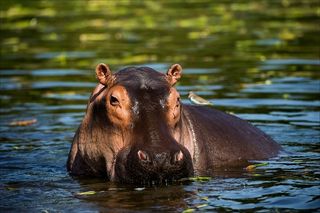
Facts about hippos
By Alina Bradford published
Learn about where hippos live, what they eat and how big they get.
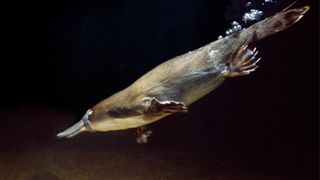
Platypus facts
By Nicoletta Lanese, Alina Bradford published
Learn about the egg-laying, venomous, duck-billed platypus.

The four seasons of the year: spring, summer, autumn (fall) and winter
By Nola Taylor Redd published
Reference Seasons are periods of the year with distinct weather conditions and day lengths. Earth's four seasons are spring, summer, autumn (fall) and winter.

Empirical evidence: A definition
By Alina Bradford, Jonathan Gordon published
Reference Empirical evidence is information that is acquired by observation or experimentation and is used to prove or disprove a hypothesis.
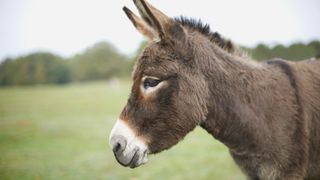
Facts about donkeys
By Alina Bradford published
Reference Donkeys, also called burros and asses, are found throughout the world. They look a lot like their cousins, but have long, floppy ears and tend to be stockier than horses or zebras.

What is a scientific theory?
By Alina Bradford, Ashley Hamer published
Reference A scientific theory is based on careful examination of facts. It is much different from the non-scientific use of the word.

Mexican culture: Customs and traditions
By Kim Ann Zimmermann, Jonathan Gordon published
Reference Mexican culture varies widely throughout the country, but traditions are highly valued as is its long and storied history.

What is a scientific hypothesis?
By Alina Bradford published
A scientific hypothesis is a tentative, testable explanation for a phenomenon in the natural world.

Science and the scientific method: Definitions and examples
By Alina Bradford, Ashley Hamer published
Science is a systematic and logical approach to discovering how things in the universe work.
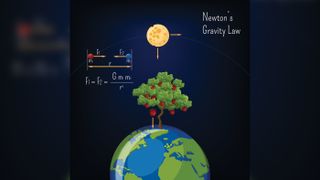
What is a law in science?
By Alina Bradford, Ashley Hamer published
A scientific law is the description of an observed phenomenon. It doesn't explain why the phenomenon exists or what causes it.
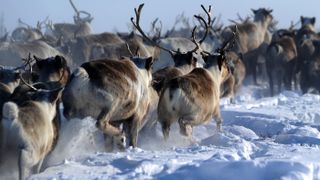
Reindeer and Caribou: Facts about majestic deer
By Jeanna Bryner, Alina Bradford published
Reindeer and caribou are members of the deer family, and while they don't fly, they do have Rudolph's nose.

What does transgender mean?
By Alina Bradford, Timothy Williamson published
Reference The term transgender describes people whose gender identity differs from the sex to which they were assigned at birth.
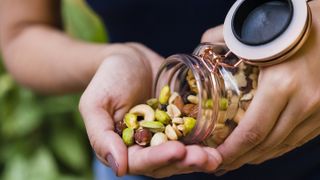
Vitamin B2 (Riboflavin): Sources, benefits and dosage
By Alina Bradford, Ben Biggs published
reference Riboflavin is a B-complex vitamin that helps the body break down carbohydrates, proteins and fats to produce energy.
Get the world’s most fascinating discoveries delivered straight to your inbox.
